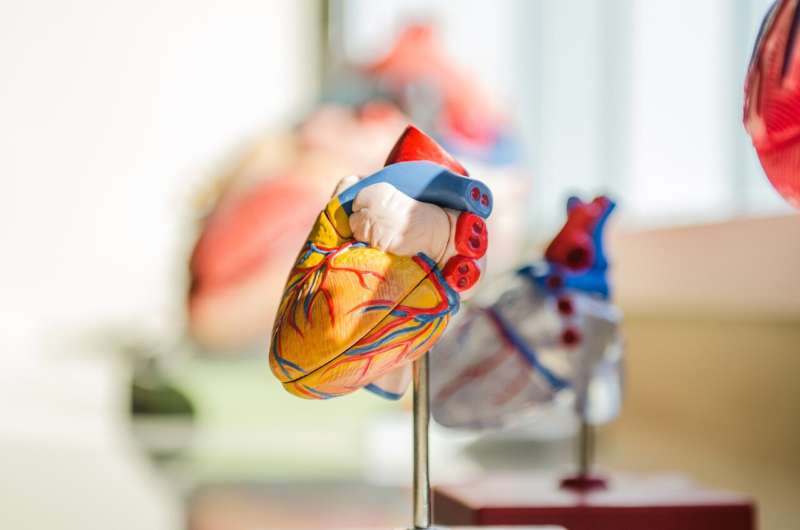Innovative Smart Wound Monitoring Device Enhances Chronic Infection Care

A revolutionary wearable wound monitor from RMIT University uses advanced sensors to remotely track healing, reducing infection risks and improving chronic wound management with cost-effective, reusable technology.
Researchers from RMIT University have introduced a groundbreaking wearable wound monitoring device embedded with advanced sensors, aiming to significantly improve the management of chronic wounds. This innovative technology is capable of remotely tracking wound healing progress, potentially reducing infection risks associated with frequent physical examinations. The device employs Bluetooth connectivity, enabling continuous monitoring without the need for constant dressing removal, thus minimizing patient discomfort and delaying interventions.
Designed for reuse, this cost-effective solution surpasses traditional disposable smart bandages and other emerging technologies by offering a sustainable alternative. Chronic wounds are a substantial health challenge worldwide, affecting millions and placing a heavy financial burden on healthcare systems. In Australia alone, around 500,000 individuals suffer from chronic wounds, costing the healthcare system approximately $3 billion annually.
The device incorporates multiple integrated sensors to monitor key indicators such as inflammation, pH, and temperature—all crucial markers of wound healing. Elevated temperatures can indicate inflammation or infection, while pH variations provide insights into different healing stages. Tested on the arm to demonstrate conformability to curved surfaces, the device proved effective and adaptable.
This technology is based on RMIT’s patented flexible sensor platform, utilizing high-resistivity silicon technology capable of detecting a range of biomarkers related to various ailments. The components are biocompatible and compatible with existing manufacturing processes, with production costs expected to fall below $5 per unit at scale. Leading the project, Professor Madhu Bhaskaran emphasizes the platform’s versatility and its potential to revolutionize wound care, as well as other medical applications like sleep monitoring in aged care.
The development builds on prior work by the team on wearable health monitors, advancing toward commercialization through partnerships with industry players. With further clinical trials planned, this smart wound monitor promises to transform chronic wound management through remote, efficient, and affordable technology.
Stay Updated with Mia's Feed
Get the latest health & wellness insights delivered straight to your inbox.
Related Articles
Long-lasting Impact of Wildfire Smoke on Heart and Lung Health
New research reveals that wildfire smoke can affect heart and lung health for up to three months after fires end, emphasizing the need for prolonged protective measures and improved wildfire management strategies.
Updated Guidelines for Diagnosing and Managing Heart Failure in Pregnancy and Postpartum
New guidelines from the Society for Maternal-Fetal Medicine highlight the importance of early diagnosis and multidisciplinary management of heart failure during pregnancy and postpartum to improve maternal and neonatal outcomes.
Cardiovascular Disease Mortality Differs Among Asian Indian, Chinese, and Filipino Americans
New research reveals notable differences in cardiovascular mortality rates among Asian Indian, Chinese, and Filipino Americans, emphasizing the need for targeted prevention strategies to reduce health disparities.
New Study Highlights Sex and Type Differences in Cardiovascular Risks for Diabetes Patients
A large-scale study compares cardiovascular disease risk between men and women with type 1 and type 2 diabetes, revealing important sex and age-related differences in outcomes and emphasizing the need for tailored management strategies.



